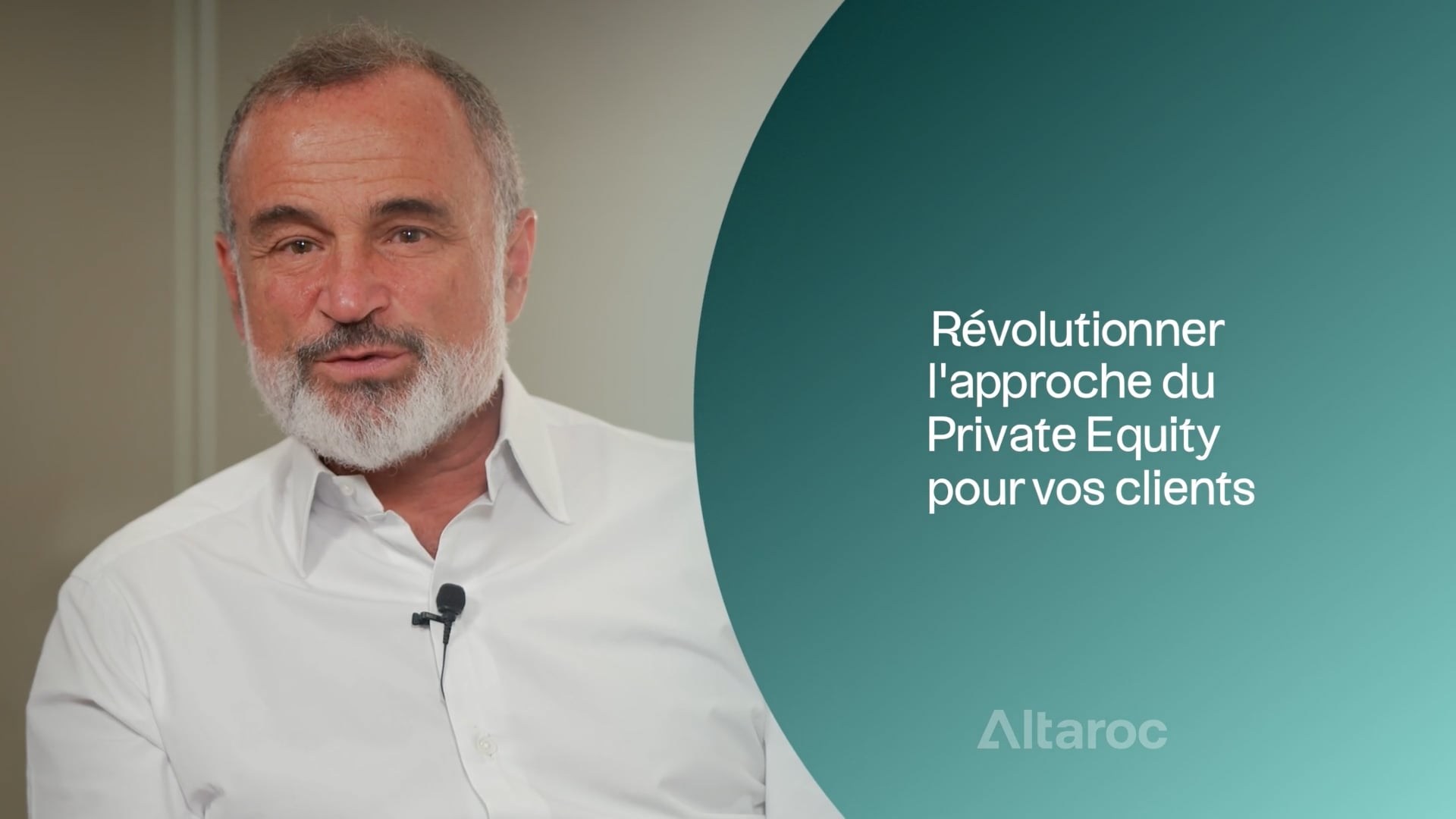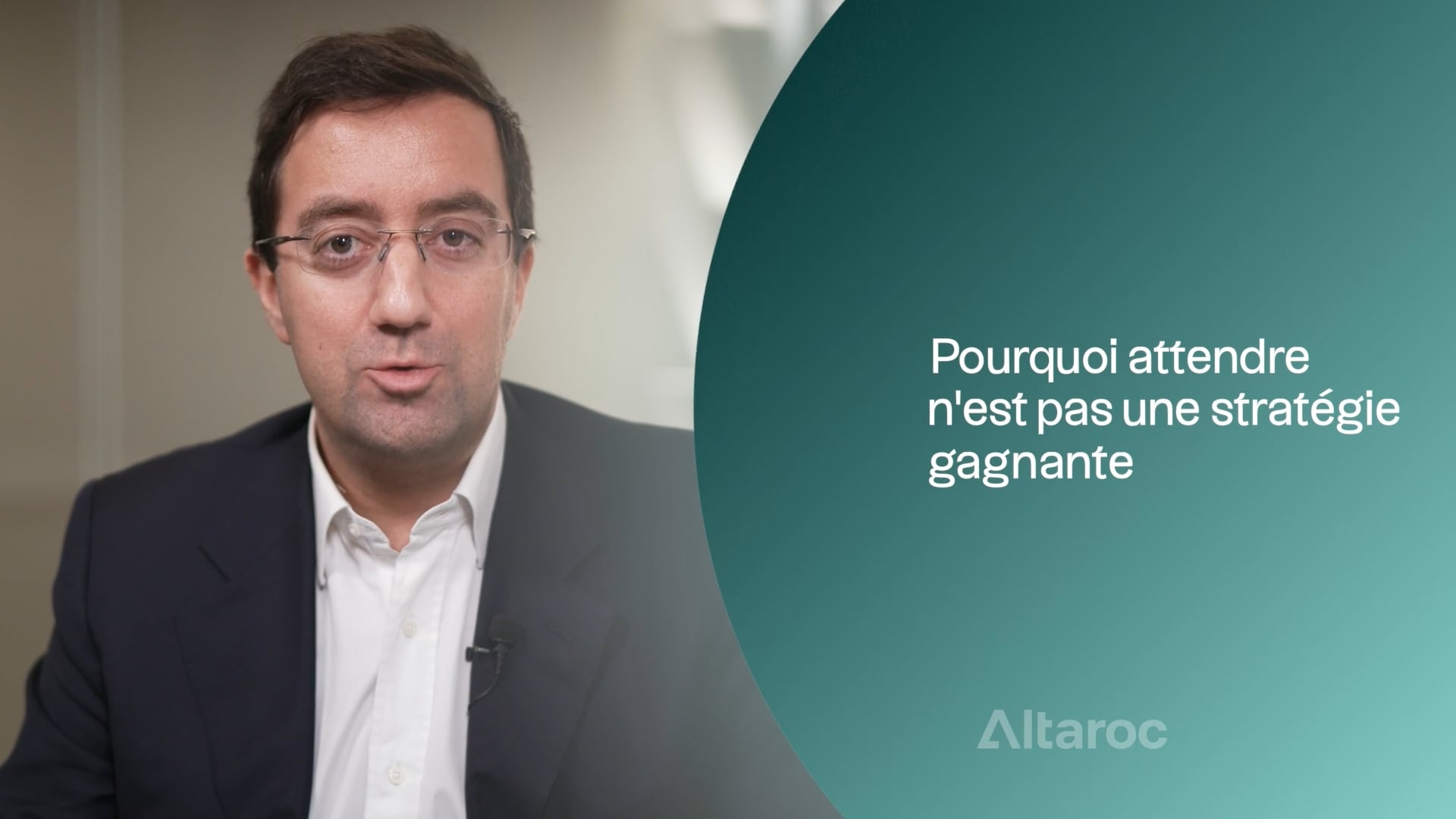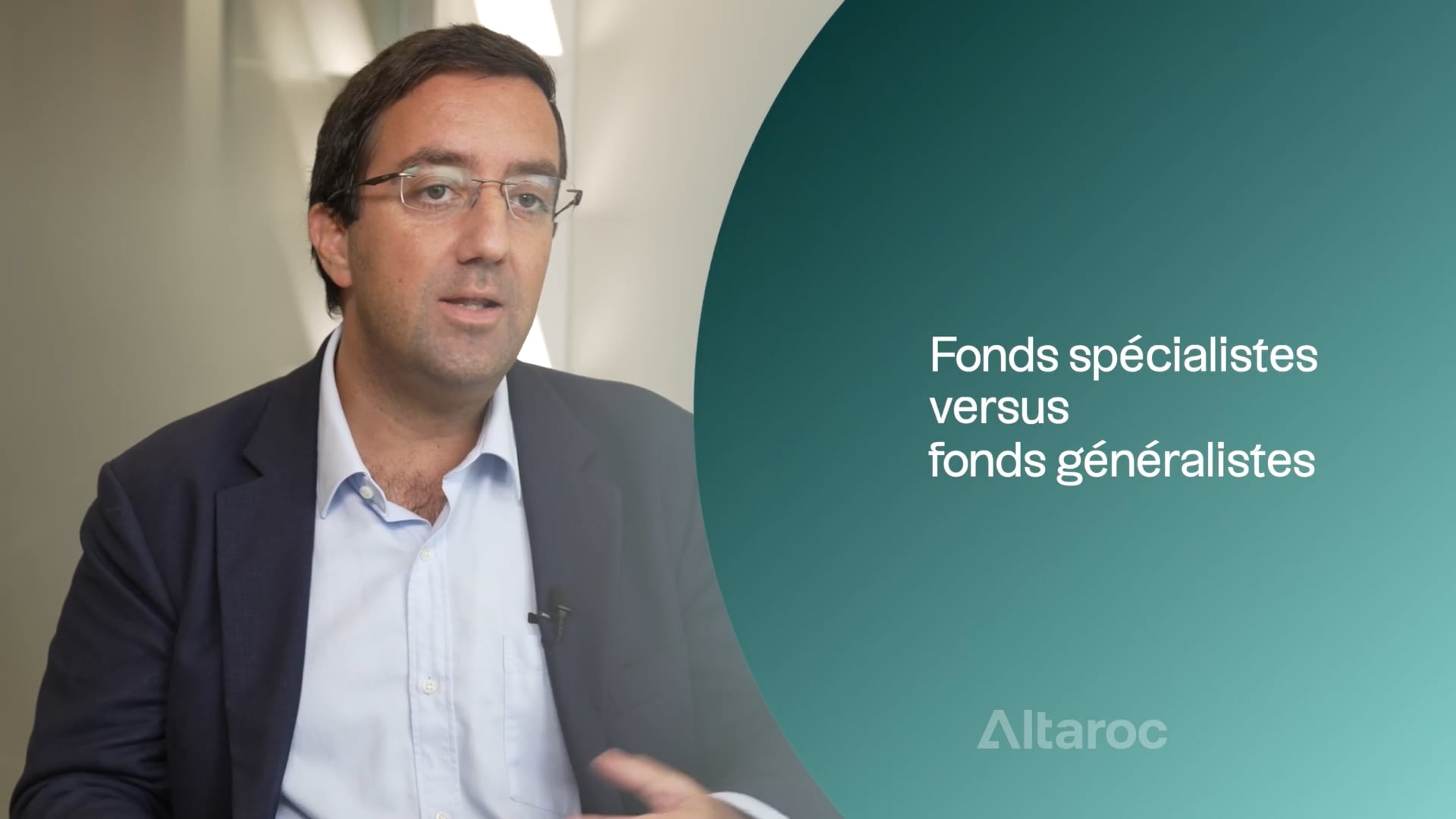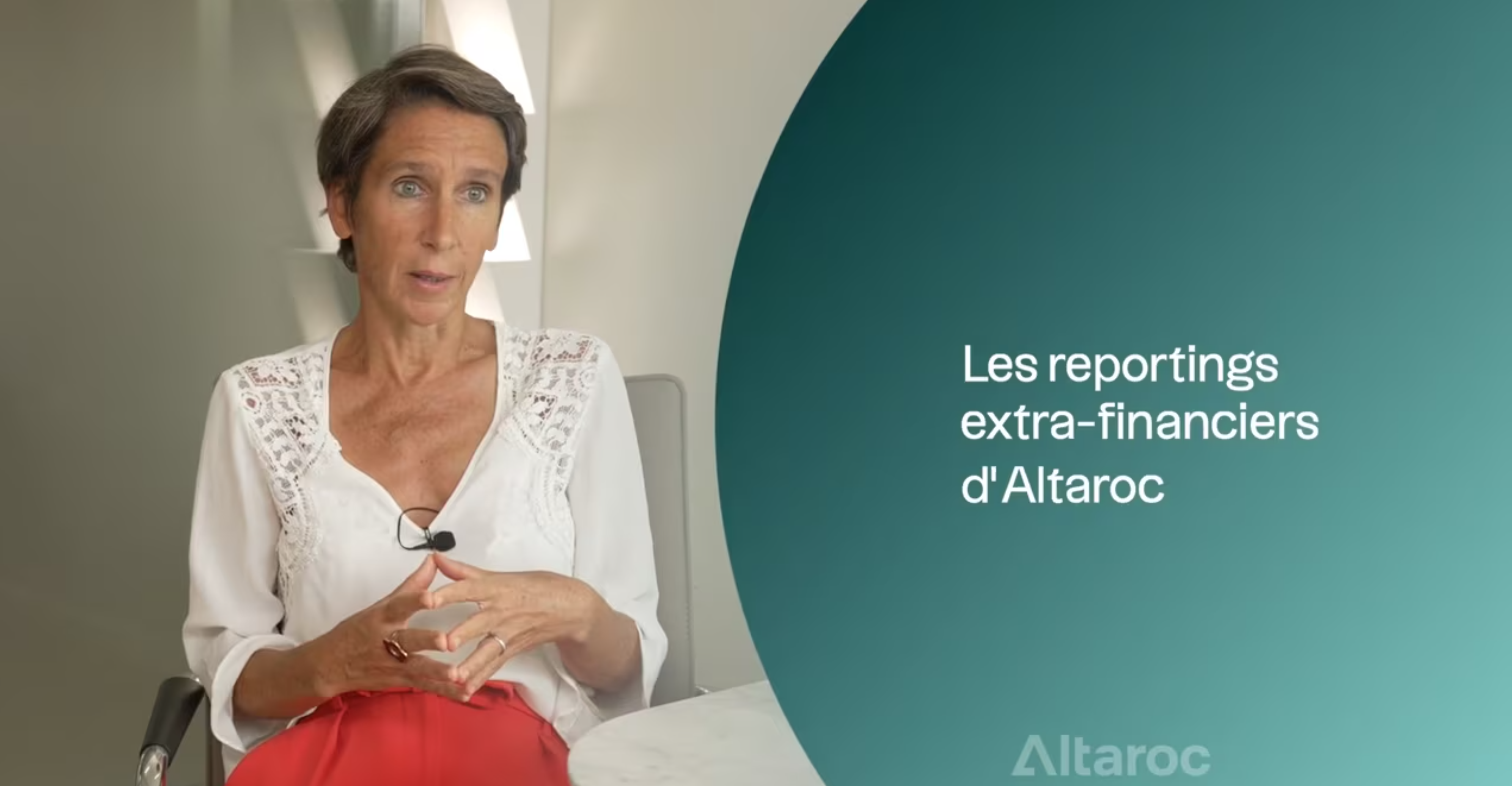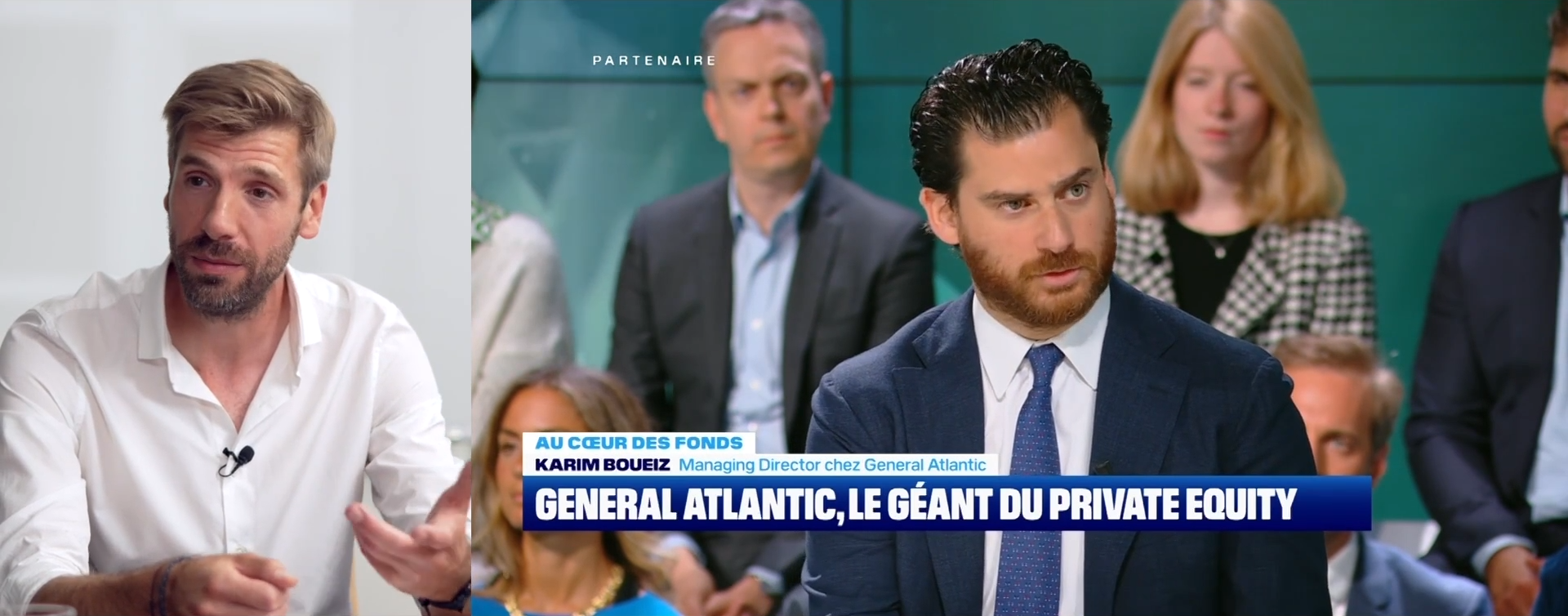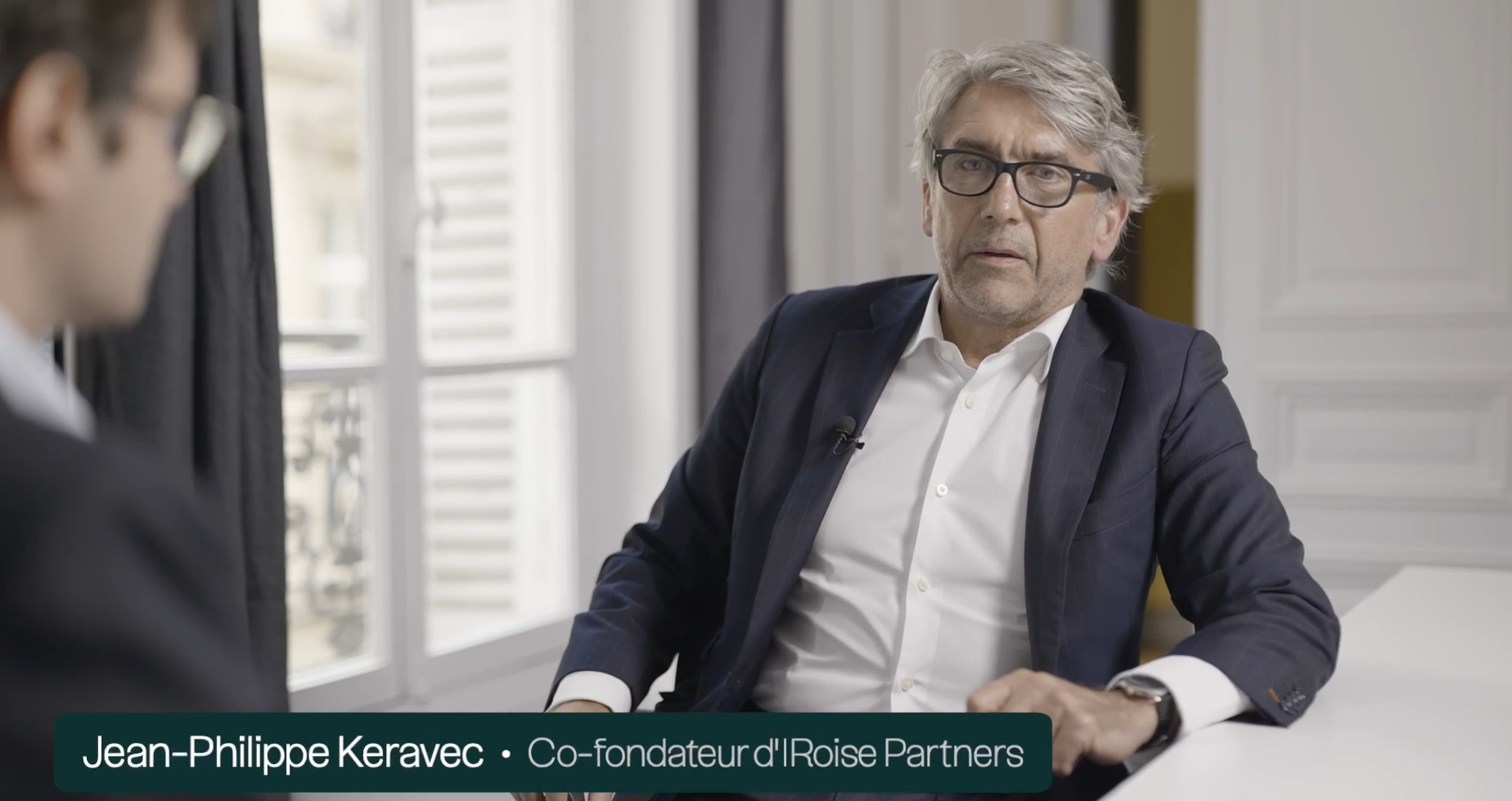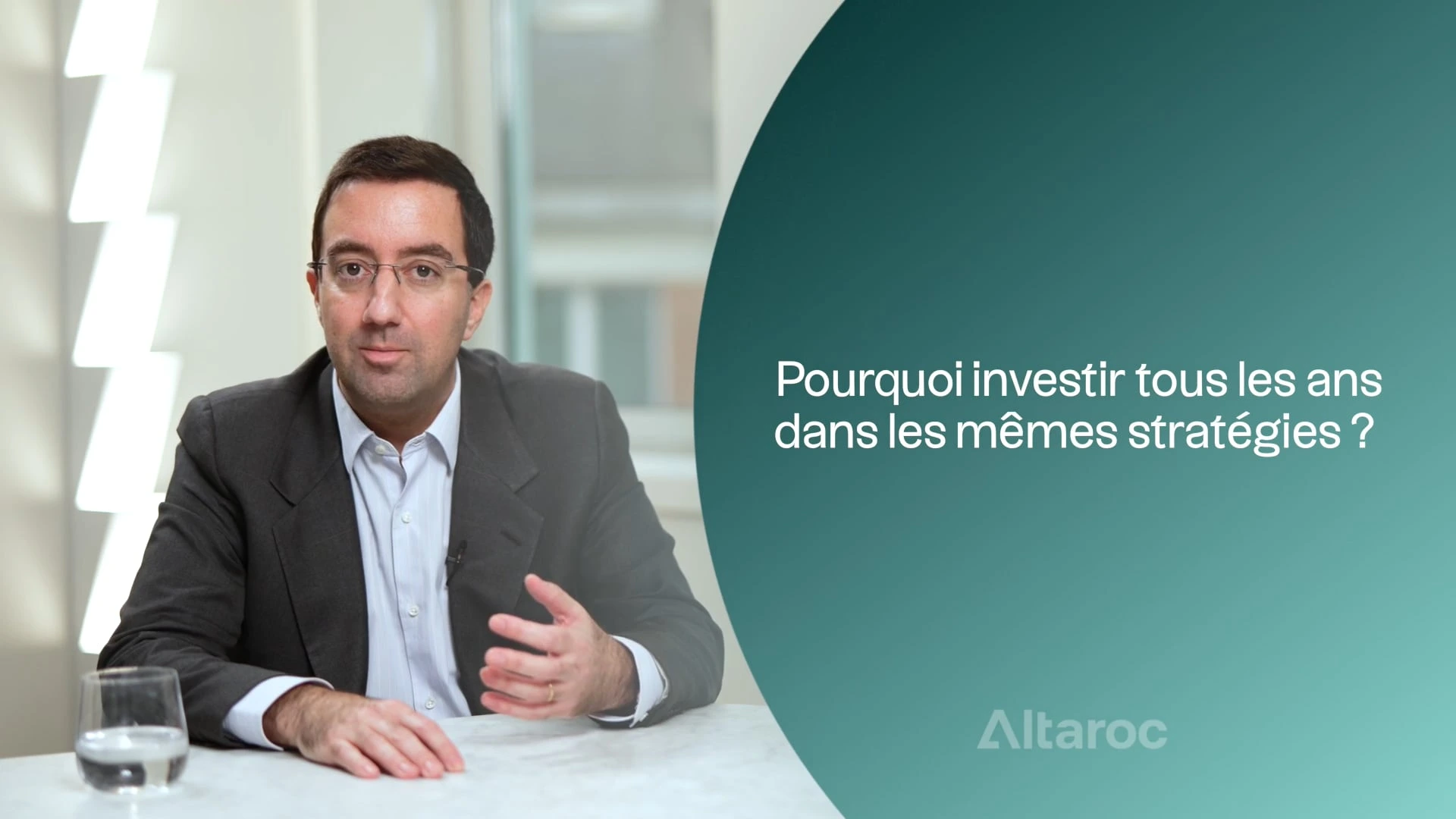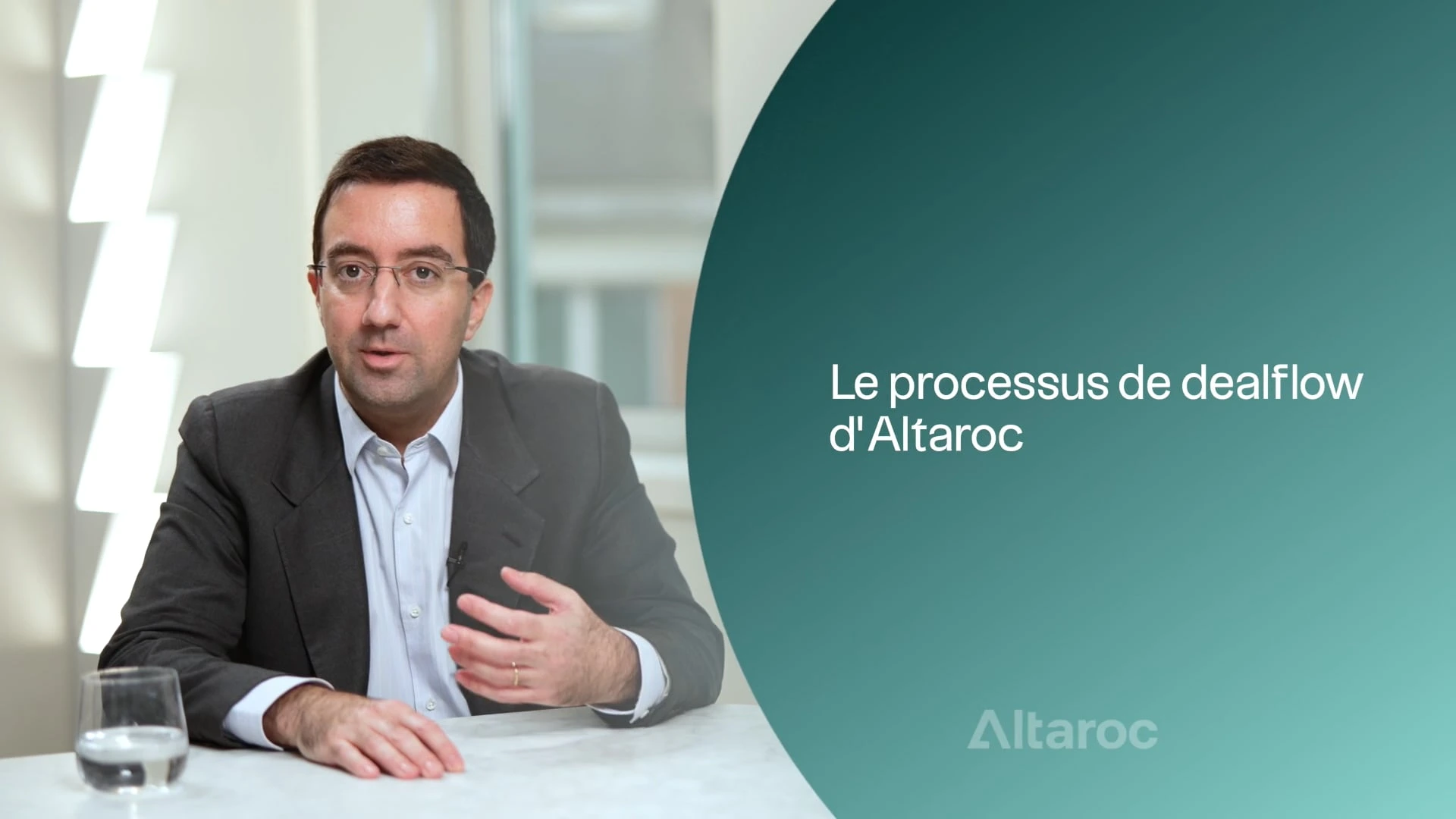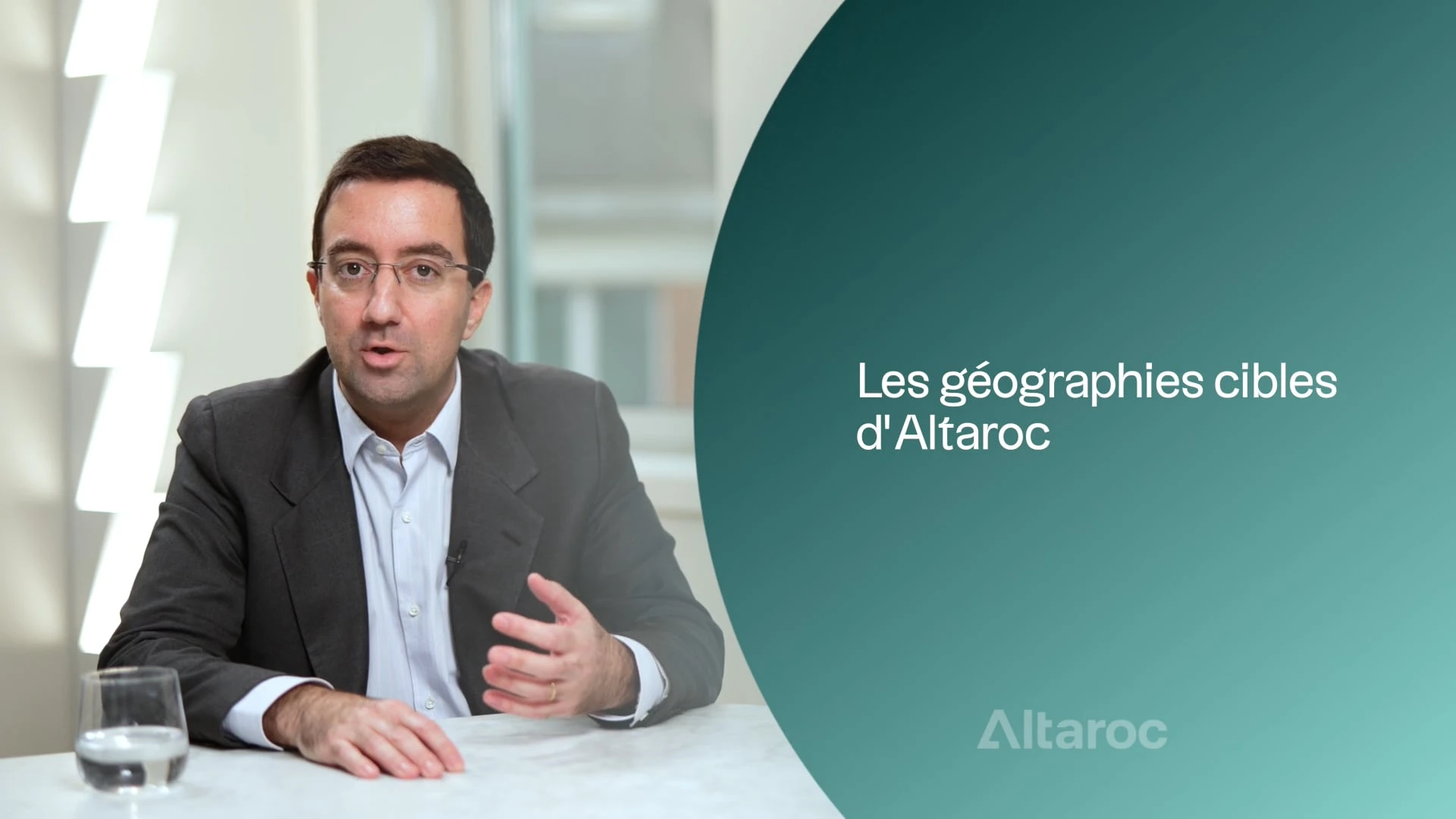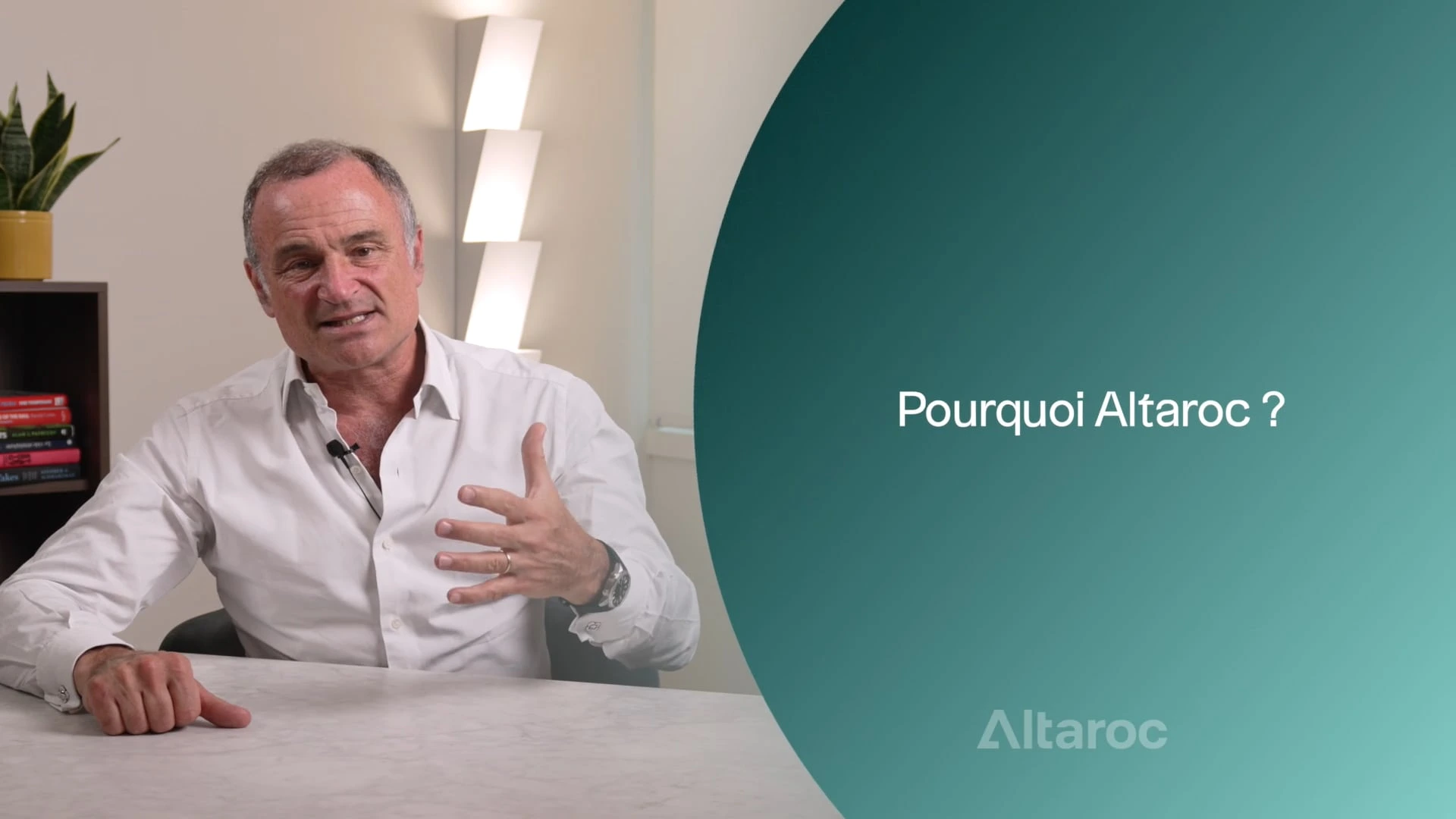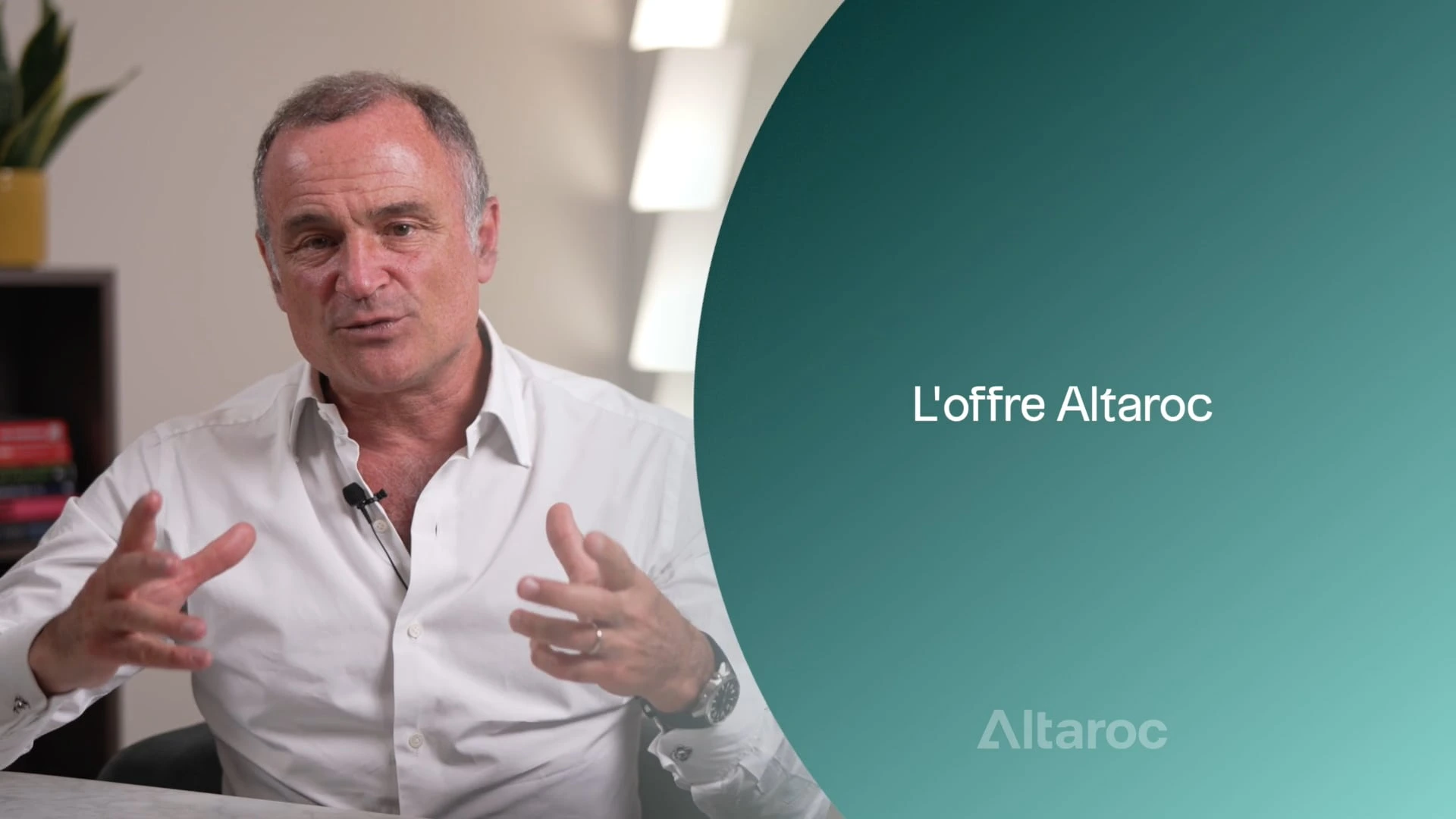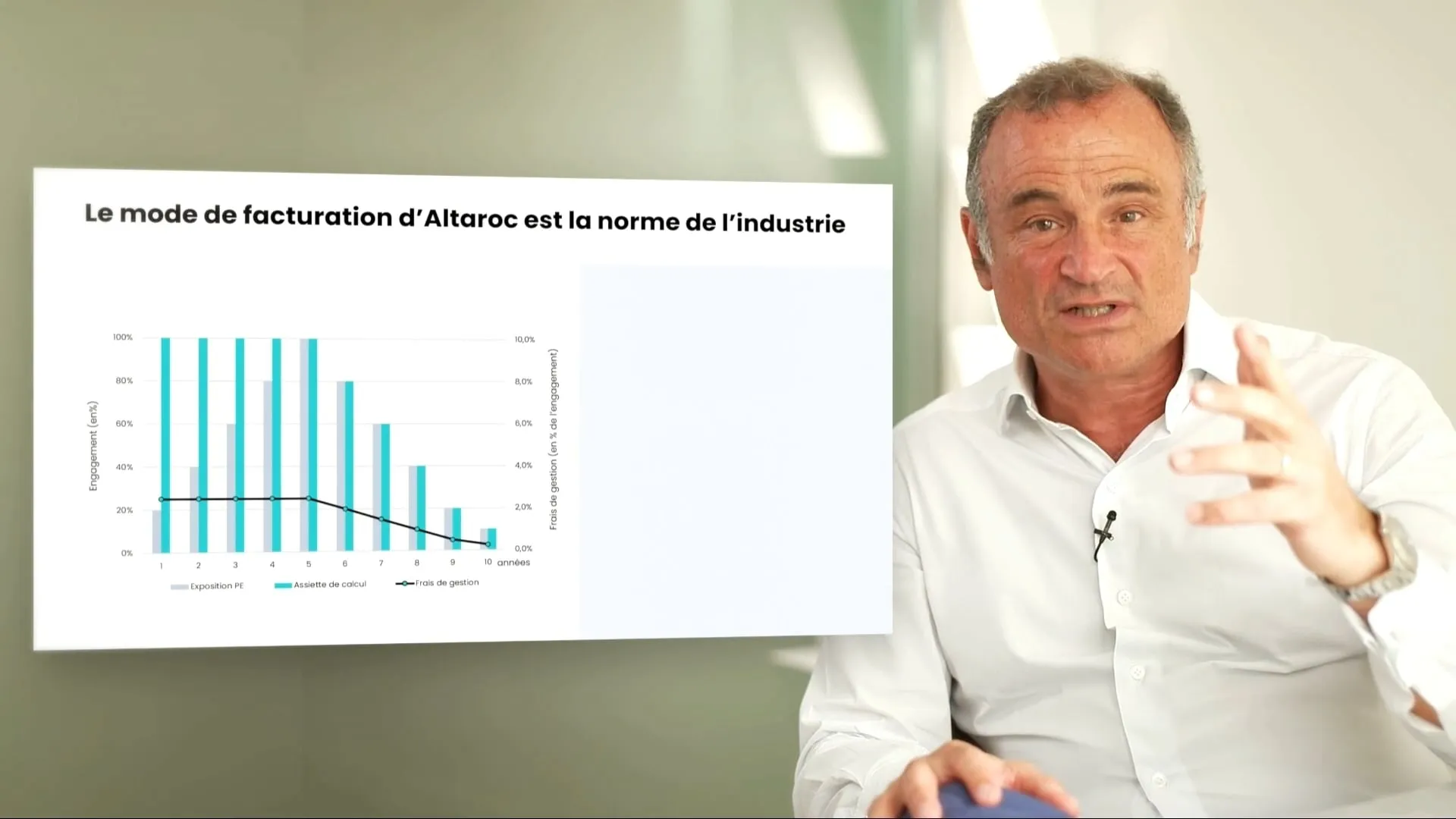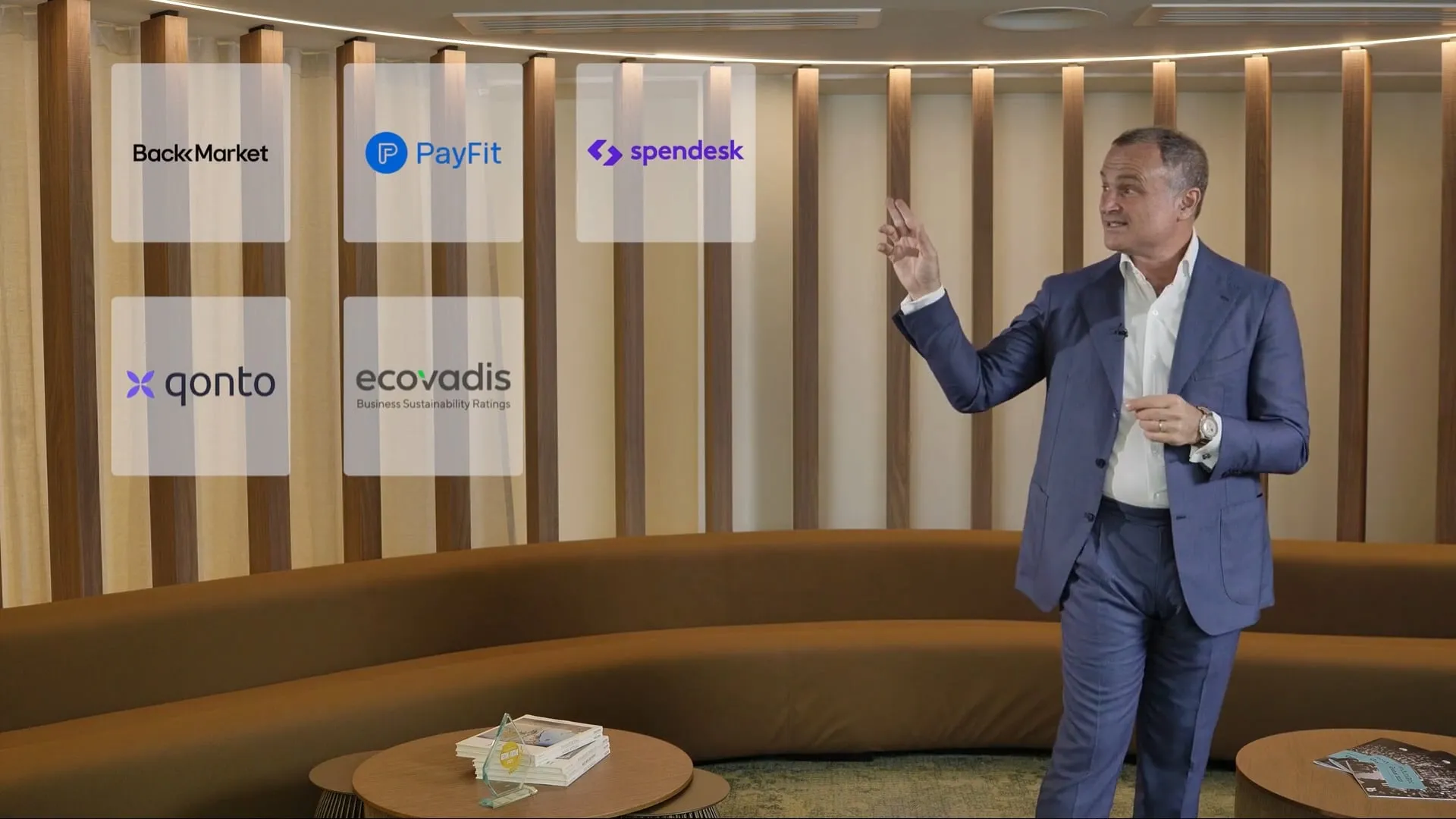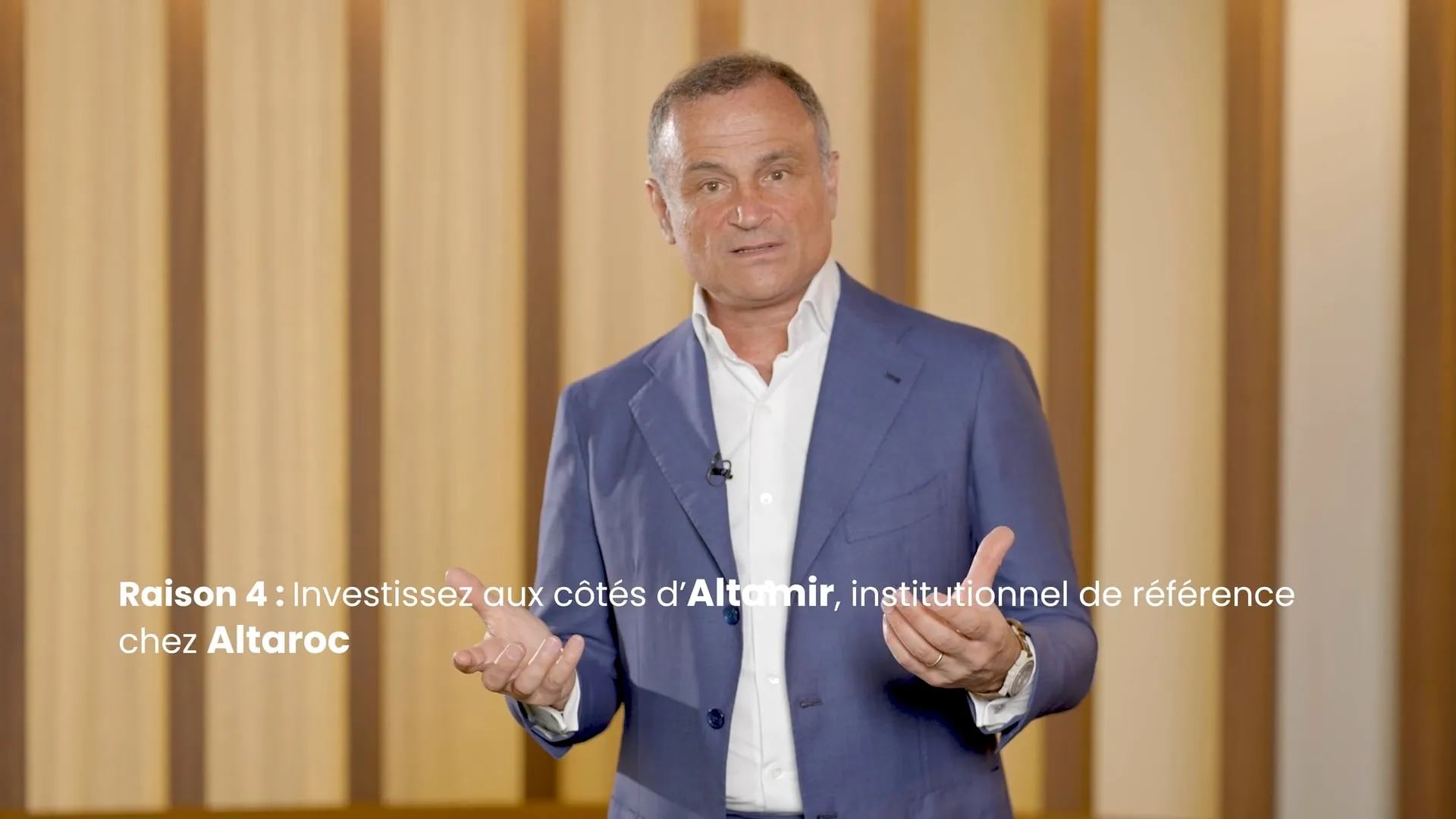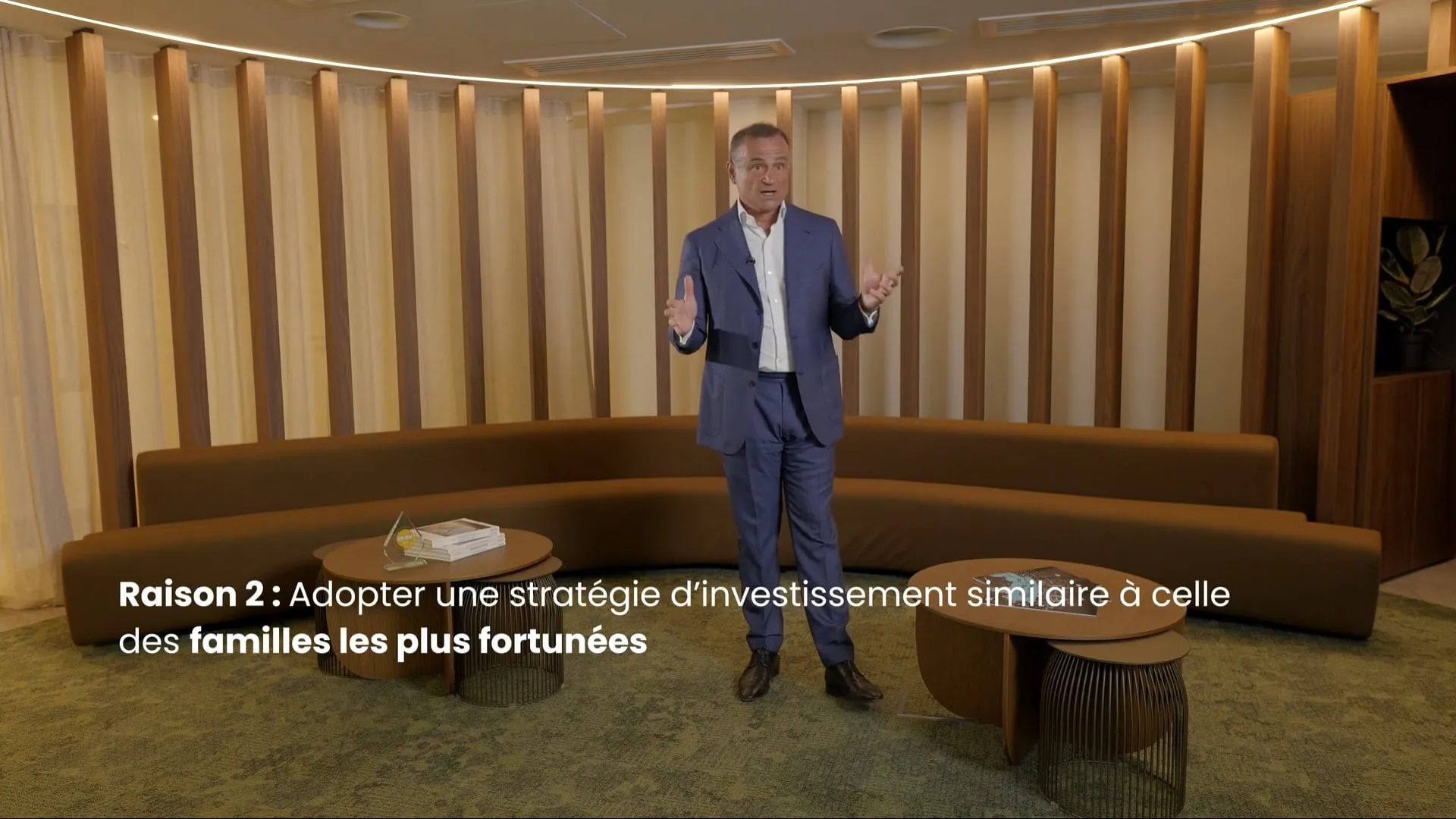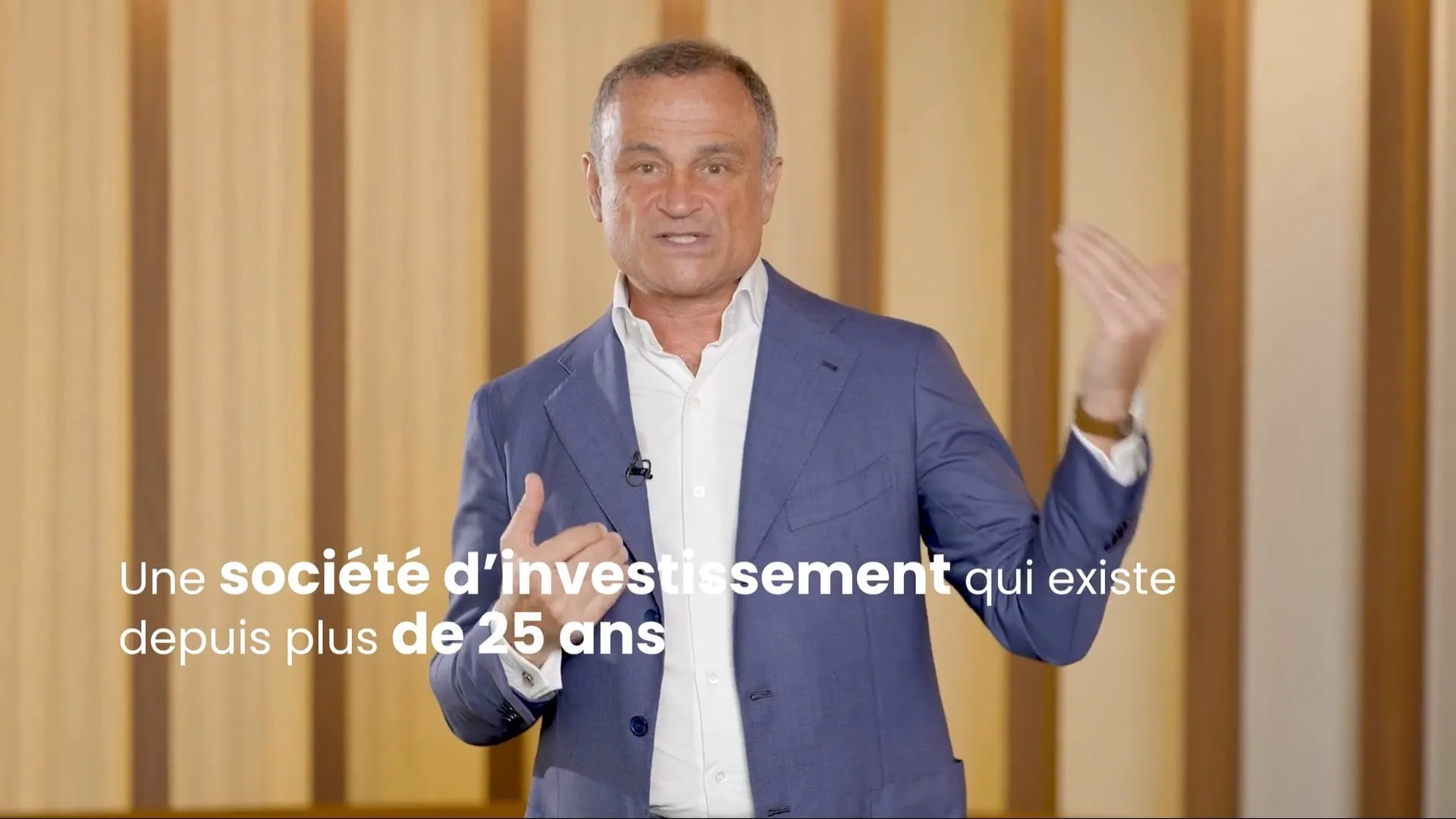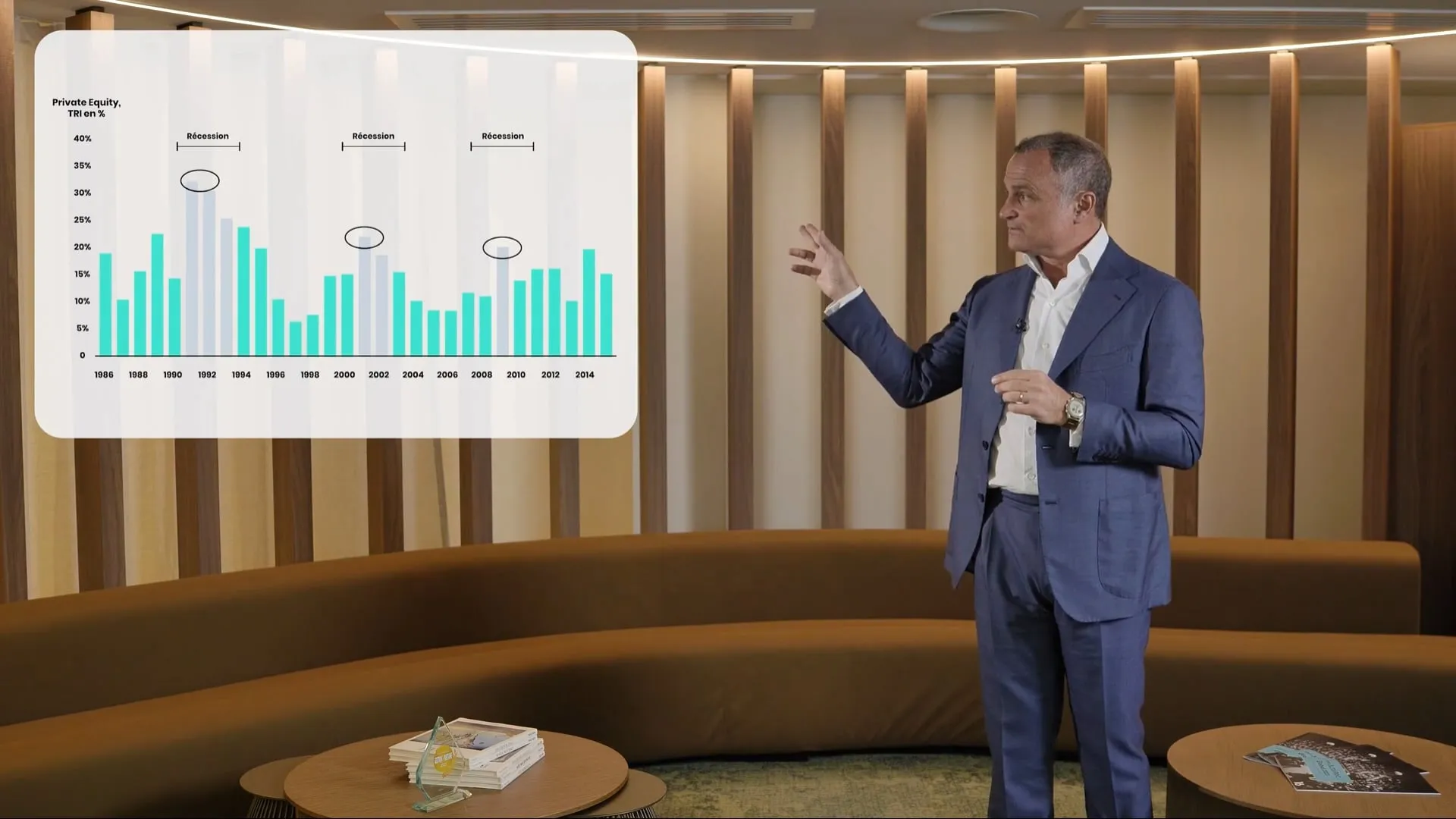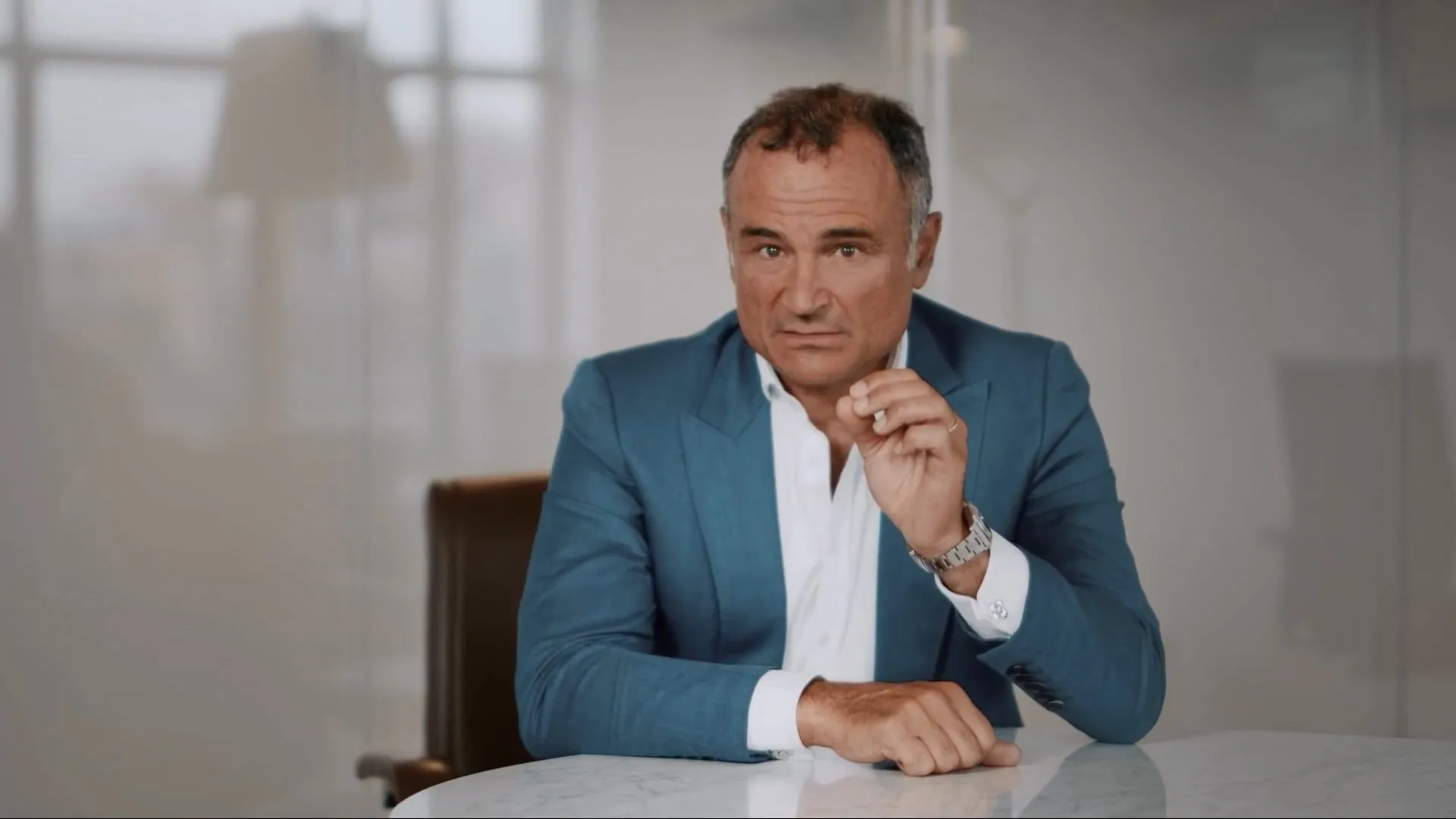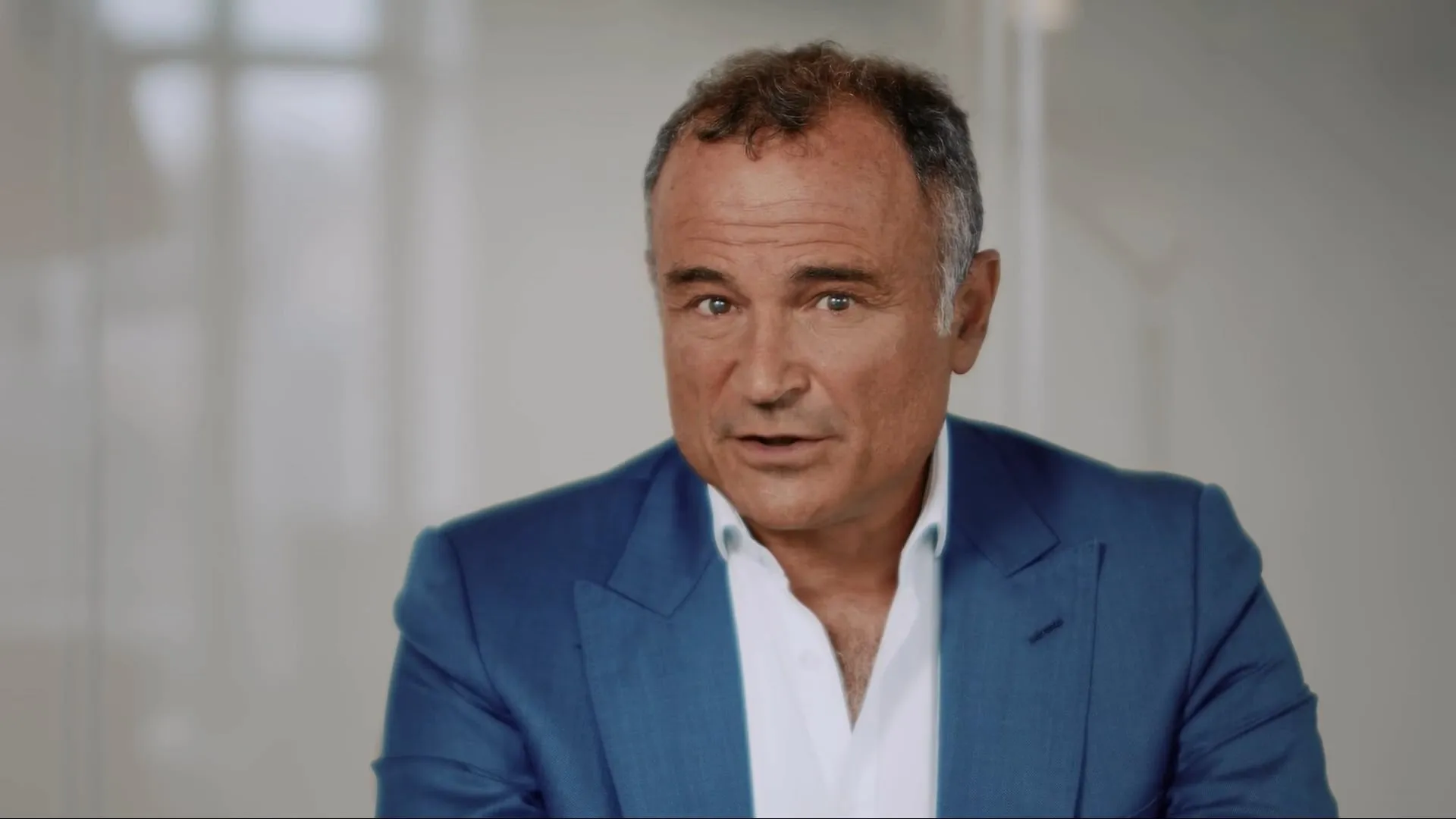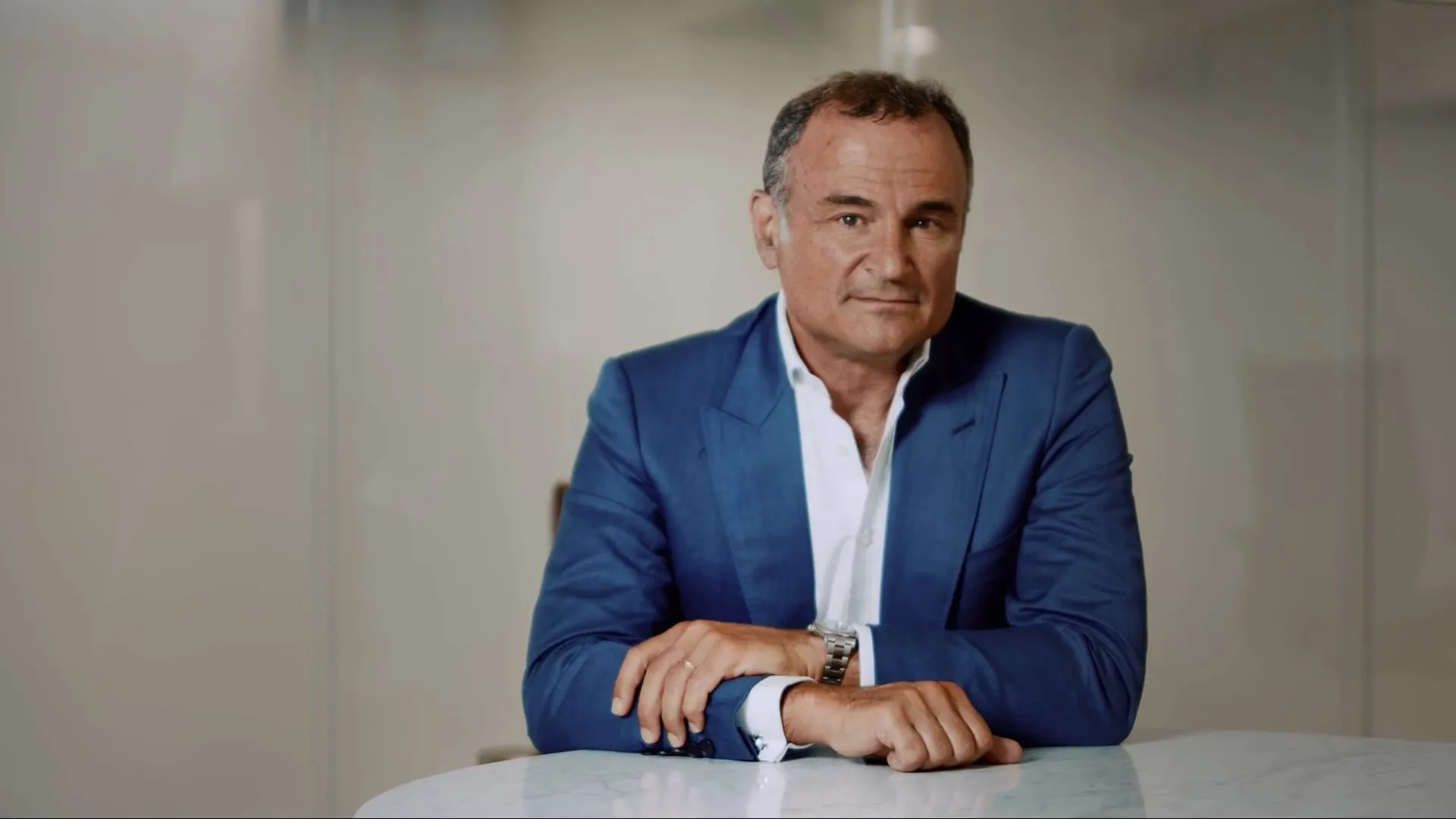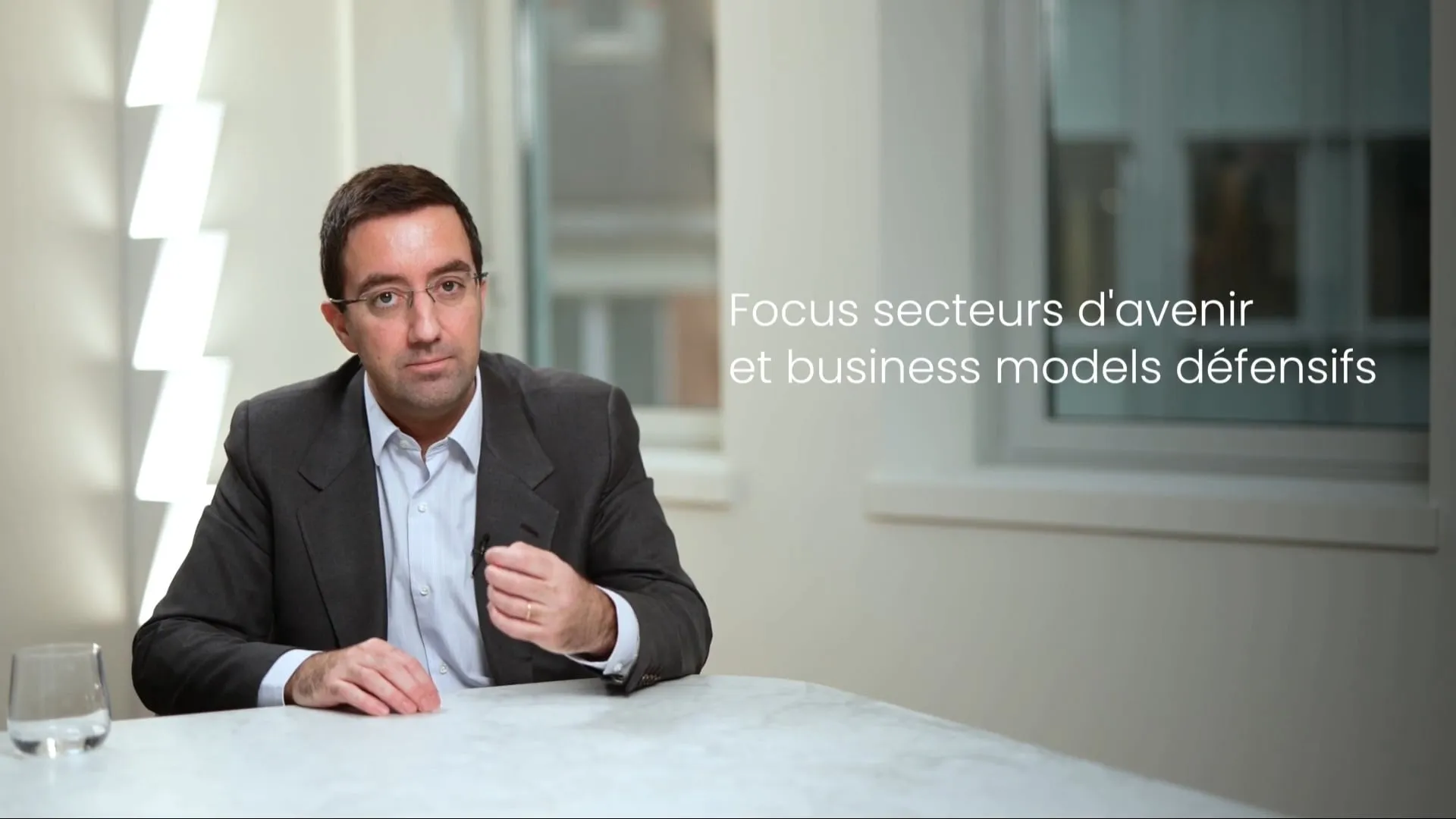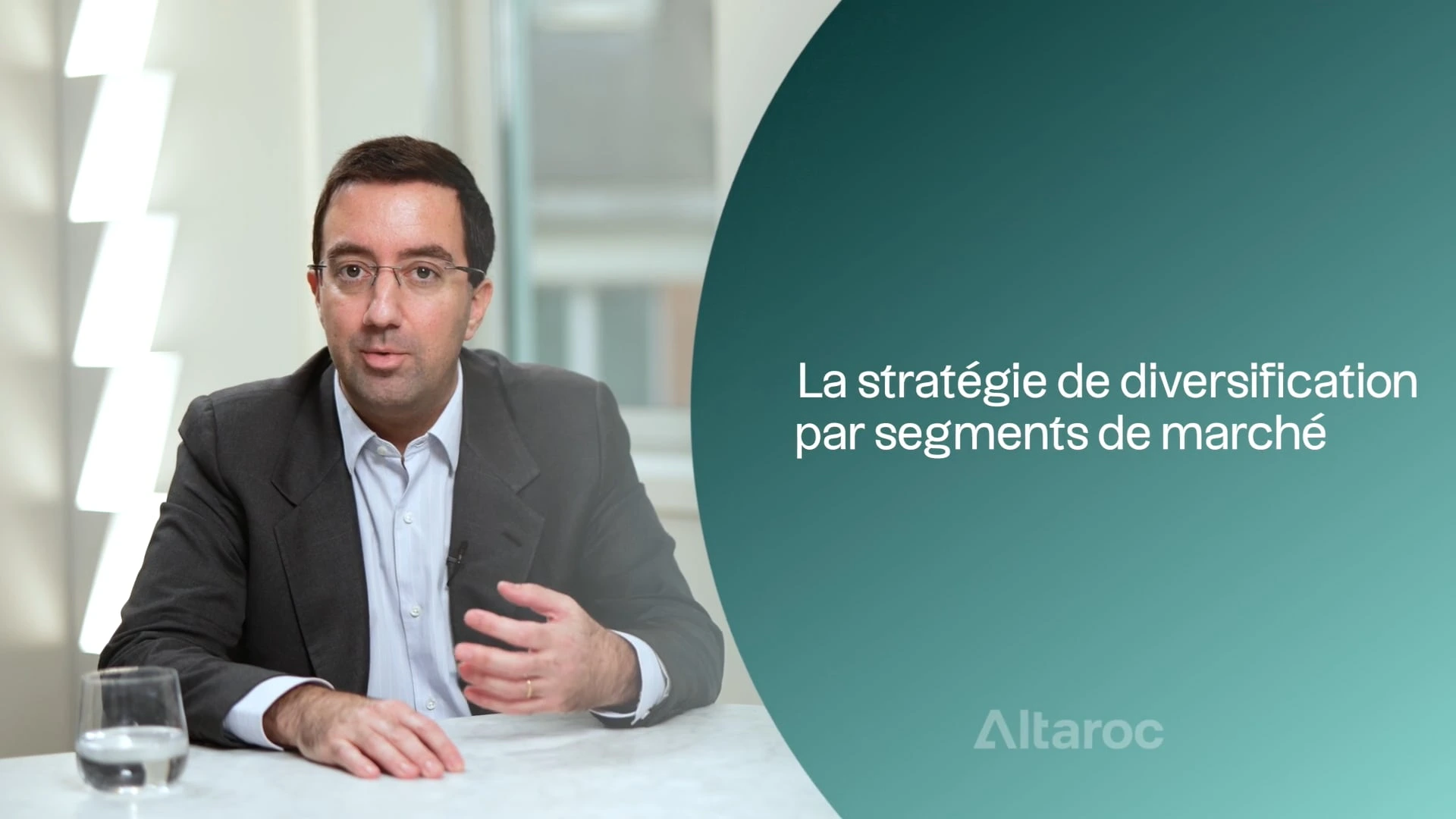Diversification strategy by market segments
Summary
Written transcription
Our strategy at Altaroc is global. First and foremost, we believe that the North American market is the place to be in Private Equity. This is where the Private Equity industry began over 60 years ago. As the most mature market, it's where we find the most funds that meet our longevity criteria. Firm history and track-record depth. This is also where we find the most specialized and best-performing funds. Unlike Europe, the United States forms a very deep and coherent investment universe from a cultural and legal point of view, which facilitates the work of Private Equity managers. Good coverage of the North American market also enables us to be better at selecting funds in Europe and Asia, as new market trends in the USA will be tomorrow's trends in less mature markets. Europe is obviously a market we cover, and one in which we favor pan-European or pan-regional strategies in Northern Europe, where economies are less fragile. We do not cover single-country funds, for which we feel the macroeconomic risk is higher. Single-country funds in Europe are typically smaller because they cover a shallower market and rarely meet our criteria of size, organization, institutionalization and sector specialization. The funds we like to see with strong sector specialization, which often invest in just one sector, need broad geographic coverage to have a deep enough target market, and are therefore mostly pan-European or at least pan-regional.
Over the past few years, we've seen the emergence of a number of sector-specific funds in Europe, with a time lag of around a decade compared to what we've seen in the United States. Finally, Asia is a market to which we are exposed via global funds. We have not yet invested in an Asian fund, for a simple reason. It's very difficult to find exceptional managers in Asia at the moment, because the industry was born there only 15 or 20 years ago. Few managers in Asia meet our criteria of 25 years of history, 20 in track-record. Another problem specific to this market is the often high turnover in teams. There's a lack of transparency in reporting. The quality of information is often lower than in Europe or the United States. Asia is therefore the least mature market, with the worst performance, despite a higher risk profile. This may come as a surprise given the continent's strong economic growth, but Private Equity is an asset class that needs political and legal stability and developed capital markets to succeed, rather than strong macro-level growth, even in a slow-growth economy. Private Equity managers are perfectly capable of finding high-growth sub-sectors, as we can see in Europe. On the other hand, managers who had invested in China in the education sector, a sector that was still very buoyant in Asia in the past, were unable to do anything. When the Chinese government decided to ban for-profit schools and foreign investment in the education sector.
In recent years, Private Equity in Asia has underperformed more significantly than Private Equity in North America or Europe. Because of the covid crisis in Western countries, managers had already been waiting for a crisis for a few years. I remember in 2015, when I joined Metlife, I was already hearing managers tell me that we had reached the end of the cycle and that they were therefore only investing in defensive sectors. So, when the Covid crisis hit, Private Equity portfolios in the United States and Europe were typically very defensive, with heavy exposure to the technology sector, particularly software publishers and healthcare, which benefited overall from the crisis. In Asia, on the other hand, investment themes are more linked to the consumption of an emerging middle class, with exposure to sectors such as catering, which have been hard hit by the Covid crisis. We therefore do not believe that the current performance levels of Asian Private Equity adequately reflect its long-term potential. We therefore continue to follow the continent's best managers, and may invest there too in the future. In conclusion, Vintage Altaroc is highly diversified worldwide. We go around the world looking for the best Private Equity funds on behalf of our clients, whereas many private banks offer only limited access to Private Equity, often contenting themselves with a few local funds that they know about in their domestic market.
Our strategy at Altaroc is global. First and foremost, we believe that the North American market is the place to be in Private Equity. This is where the Private Equity industry began over 60 years ago. As the most mature market, it's where we find the most funds that meet our longevity criteria. Firm history and track-record depth. This is also where we find the most specialized and best-performing funds. Unlike Europe, the United States forms a very deep and coherent investment universe from a cultural and legal point of view, which facilitates the work of Private Equity managers. Good coverage of the North American market also enables us to be better at selecting funds in Europe and Asia, as new market trends in the USA will be tomorrow's trends in less mature markets. Europe is obviously a market we cover, and one in which we favor pan-European or pan-regional strategies in Northern Europe, where economies are less fragile. We do not cover single-country funds, for which we feel the macroeconomic risk is higher. Single-country funds in Europe are typically smaller because they cover a shallower market and rarely meet our criteria of size, organization, institutionalization and sector specialization. The funds we like to see with strong sector specialization, which often invest in just one sector, need broad geographic coverage to have a deep enough target market, and are therefore mostly pan-European or at least pan-regional.
Over the past few years, we've seen the emergence of a number of sector-specific funds in Europe, with a time lag of around a decade compared to what we've seen in the United States. Finally, Asia is a market to which we are exposed via global funds. We have not yet invested in an Asian fund, for a simple reason. It's very difficult to find exceptional managers in Asia at the moment, because the industry was born there only 15 or 20 years ago. Few managers in Asia meet our criteria of 25 years of history, 20 in track-record. Another problem specific to this market is the often high turnover in teams. There's a lack of transparency in reporting. The quality of information is often lower than in Europe or the United States. Asia is therefore the least mature market, with the worst performance, despite a higher risk profile. This may come as a surprise given the continent's strong economic growth, but Private Equity is an asset class that needs political and legal stability and developed capital markets to succeed, rather than strong macro-level growth, even in a slow-growth economy. Private Equity managers are perfectly capable of finding high-growth sub-sectors, as we can see in Europe. On the other hand, managers who had invested in China in the education sector, a sector that was still very buoyant in Asia in the past, were unable to do anything. When the Chinese government decided to ban for-profit schools and foreign investment in the education sector.
In recent years, Private Equity in Asia has underperformed more significantly than Private Equity in North America or Europe. Because of the covid crisis in Western countries, managers had already been waiting for a crisis for a few years. I remember in 2015, when I joined Metlife, I was already hearing managers tell me that we had reached the end of the cycle and that they were therefore only investing in defensive sectors. So, when the Covid crisis hit, Private Equity portfolios in the United States and Europe were typically very defensive, with heavy exposure to the technology sector, particularly software publishers and healthcare, which benefited overall from the crisis. In Asia, on the other hand, investment themes are more linked to the consumption of an emerging middle class, with exposure to sectors such as catering, which have been hard hit by the Covid crisis. We therefore do not believe that the current performance levels of Asian Private Equity adequately reflect its long-term potential. We therefore continue to follow the continent's best managers, and may invest there too in the future. In conclusion, Vintage Altaroc is highly diversified worldwide. We go around the world looking for the best Private Equity funds on behalf of our clients, whereas many private banks offer only limited access to Private Equity, often contenting themselves with a few local funds that they know about in their domestic market.

.jpeg)
.jpeg)
